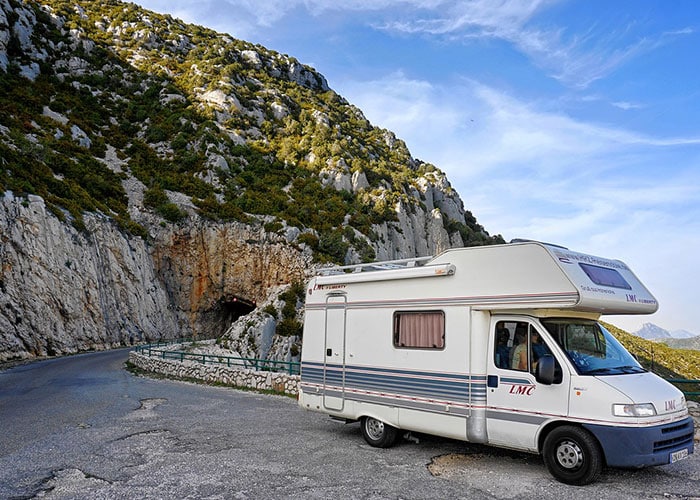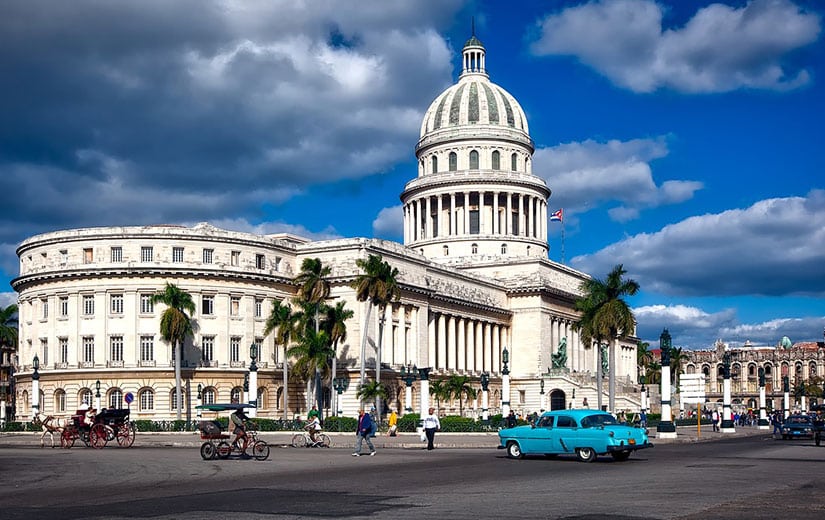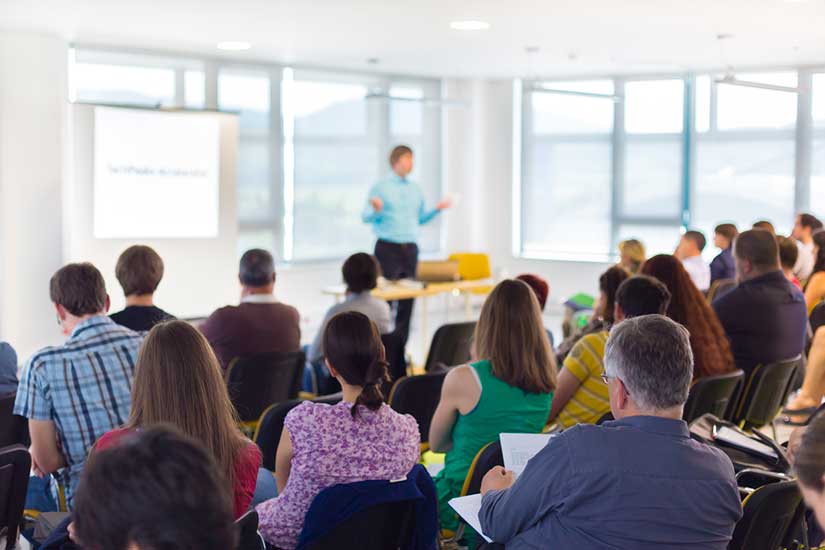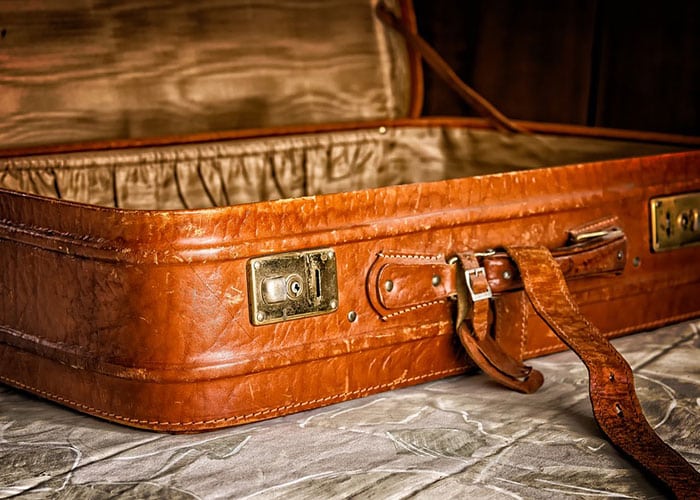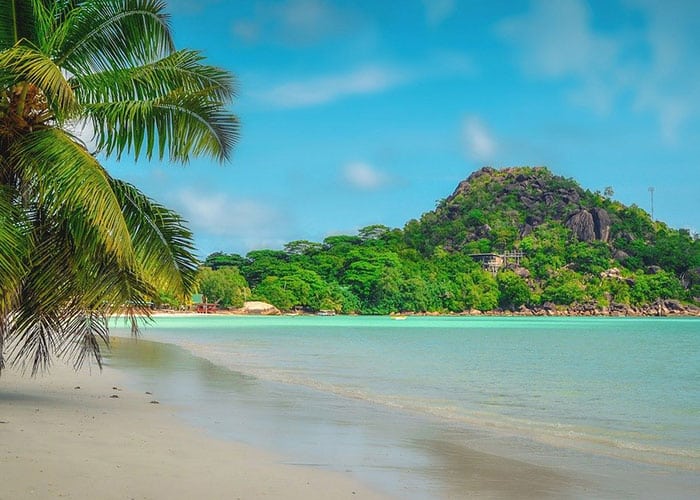A road trip in a motorhome to the other side of the world, a quiet trip to discover France with the family, a romantic getaway aboard a motorhome… There are many possibilities for having fun and having a good time. It must be said that this passenger vehicle lends itself readily to relaxation and strolling. But so that your summer or winter vacation does not turn into a nightmare, it is better to prepare your trip in a motorhome. Discover all our practical advice to organize yourself. Before the big departure, follow our recommendations.
Summary
Plan your route, the essential step to prepare for your trip in a motorhome
Of course, before hitting the road at the wheel of your rented or purchased motorhome, you should plan your route. This step is essential, whether you plan to travel in France or abroad.
To prepare the trip, set the waypoints where you want to stop. To do this, determine the sites and excursions that you do not want to miss under any circumstances.
And when traveling by motorhome, it is important to take parking into account. It is therefore necessary to consider the path to be traveled between each place so as not to travel too long distances. You are on vacation to enjoy the landscape and the sights to see. It’s not a race against the clock, take your time, even if the children can more easily occupy themselves than in the car.
advice : on your GPS, allow 20 minutes more than with a car to make the journeys.
How to park in a motorhome: the solutions
After planning your route, you must choose your parking method. There are several possibilities:
- the motorhome area remains a safe bet for traveling with complete peace of mind. And the children will be able to take advantage of the fun facilities (swimming pool, playground, etc.). To find the areas closest to your route, there are sites and applications like park4night. But be careful, book a pitch well in advance if you are going in the middle of August;
- if you have no choice, there is also wild camping. But be sure to follow the regulations by paying attention to the billboards. There are sometimes protected areas where camping car parking is prohibited. And for your safety, prefer the tranquility of small villages to the countryside;
- then, for daytime parking in large cities, you will find free car parks, park and rides… And then to get around, continue by bike, on foot or take the bus;
- then, the France Passion reception network allows you to park your passenger vehicle with farmers and winegrowers. And this, throughout France;
- finally, discover also the Gamping site which connects travelers in motorhomes with landowners ready to welcome tourists. The site offers offers all over the world.
Motorhome trip: how about water, gas and electricity?
A motorhome has a range of up to 4 days. But, it varies according to your water and electricity consumption. It is therefore better to monitor the water, electricity and gas levels.
The water : the garbage
With regard to water, the consumption per day and per person can vary between 7 and 25 liters. On the motorhome, you have a tank for clean water and a tank for dirty water.
To drain your vehicle, find out about parking areas (motorways, service stations, etc.) as they often allow you to do so.
Electricity : recharge the battery
As for electricity, the variations in consumption depend on the season and the weather. If you travel in a motorhome in winter or summer, your electricity consumption will not be the same. And the use of current also depends on the equipment available inside the motorhome (microwave, television, etc.).
In any case, remember to recharge the battery regularly. For this, several solutions;
- drive steadily to recharge;
- recharge the battery in an area or in a campsite that allows it (on 220 V);
- own a generator;
- or have a backup battery if needed.
Gas : avoid failure
Finally, the gas makes it possible to operate several equipment such as the stove, the water heater, the fridge or the heating. Before leaving, it is therefore advisable to check that you have a bottle in advance to avoid running out of gas.
Preparing for your motorhome trip: the gasoline budget
The question of fuel arises when you want to travel aboard a motorhome as a couple or as a family. In addition, it is an important item of expenditure which replaces that of accommodation.
To save some money, avoid driving too fast. Due to its size, the motorhome is much more fuel-efficient than a car.
And to fill the tank, prefer gas stations on the outskirts of large cities. The price at the pump will be lower.
What to check on your motorhome before hitting the road
Are you ready for this great trip in France or abroad that you have been dreaming of for a long time? Perfect, but first, did you carry out the usual checks on a motorhome?
Here are some tips for getting on the road safely:
- have your tires checked;
- check that your lights are working properly;
- close all cupboards tightly so that no object falls over during the journey;
- lock the refrigerator door securely;
- turn off the water pump.
How to travel safely with a motorhome?
Be vigilant on the road by taking a break every two hours and driving slower than with a classic car. And don’t overload your vehicle. Respect the PTAC (Total Weight Authority in Charge) to the letter.
Then, for your own safety and to avoid having your motorhome stolen, always park in secure and easily accessible places. Better to avoid wild camping where you are alone.
Finally, the day when you are away from the motorhome, do not leave anything apparent seen from the outside.
List of what to bring on a motorhome road trip
Here is a list of essential items in a motorhome. It is in a way a survival kit to spend a good holiday in France, in Europe or in the world. Be careful, the more you travel to a distant country, the more you need to equip yourself accordingly.
Basic equipment:
- wedges to be flat;
- power extension cord ;
- outdoor lamp;
- gas grill;
- garden furniture (table, chair, etc.);
- awning to protect from rain or sun;
- ropes for hanging up laundry;
- spare gas cylinder;
- toolbox just in case;
- bicycles, rollerblades or skateboards to get around easily;
- outdoor games (racket, badminton, ball, etc.);
- indoor games (card and board games, etc.) and books;
- GPS, road maps;
- vehicle logbook;
- unbreakable tableware;
- basic food (rice, pasta, etc.);
- drinking water tank;
- classic camping accessory (Swiss army knife…)
